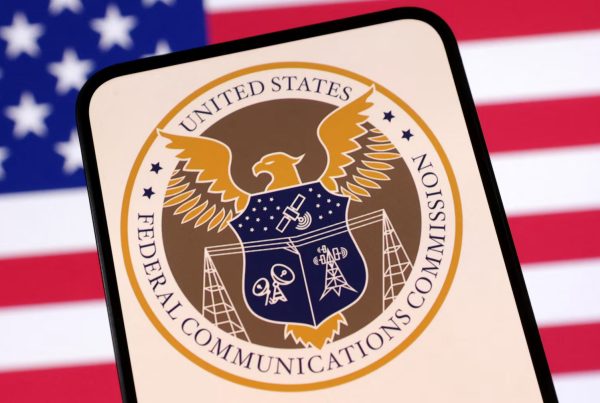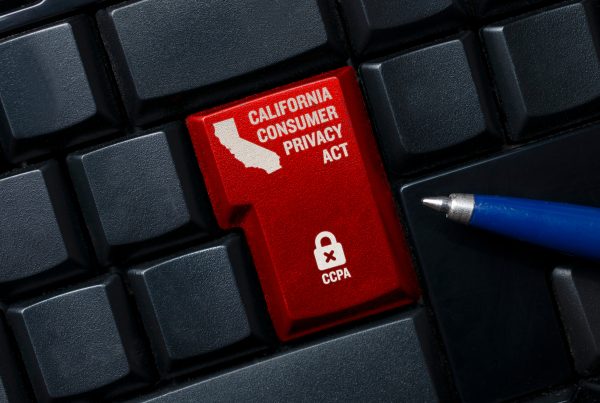In a decision published today in McLaughlin Chiropractic Associates, Inc. v. McKesson Corp, the Supreme Court ruled that US District Courts are not bound by federal agency interpretations of statutes in judicial enforcement actions. Instead, the District Courts may independently interpret a statute using ordinary principles of statutory construction while giving appropriate respect to the agency’s views.
In the case at issue, McKesson sent unsolicited fax ads without opt-out notices, allegedly violating the Telephone Consumer Protection Act (TCPA). McLaughlin filed a class action in 2014 for these TCPA violations, including faxes received via online fax services. In 2019, the FCC interpreted the TCPA to exclude online fax services from the definition of “telephone facsimile machine.” The District Court, citing Ninth Circuit precedent and the Hobbs Act, treated the FCC’s interpretation as binding and dismissed claims related to online fax services. The class was decertified, and McLaughlin was left with a limited claim for 12 traditional faxes.
The Court rejected McKesson’s argument that the Hobbs Act’s grant of ‘exclusive jurisdiction’ to courts of appeals to ‘determine the validity’ of agency orders precludes district court review. While the Hobbs Act allows Courts of Appeals to hear pre-enforcement challenges to agency orders, it is silent on review in enforcement proceedings. The Court ruled that the Hobbs Act’s language granting courts of appeals “exclusive jurisdiction . . . to determine the validity” of agency orders refers only to pre-enforcement, declaratory judgments, not to routine statutory interpretation in enforcement cases.
As a result of this decision, District Courts may reject agency interpretations of statutes in enforcement proceedings even when the agency issued a binding order, unless Congress explicitly bars such review. It also significantly limits the scope of agency deference in enforcement contexts and underscores the judiciary’s role in statutory interpretation post-Loper Bright.
The decision can be found here.
Learn More from Joseph Bowser from Roth Jackson in the article here.
Mitchell Roth
mroth@rothjackson.com
![]()





